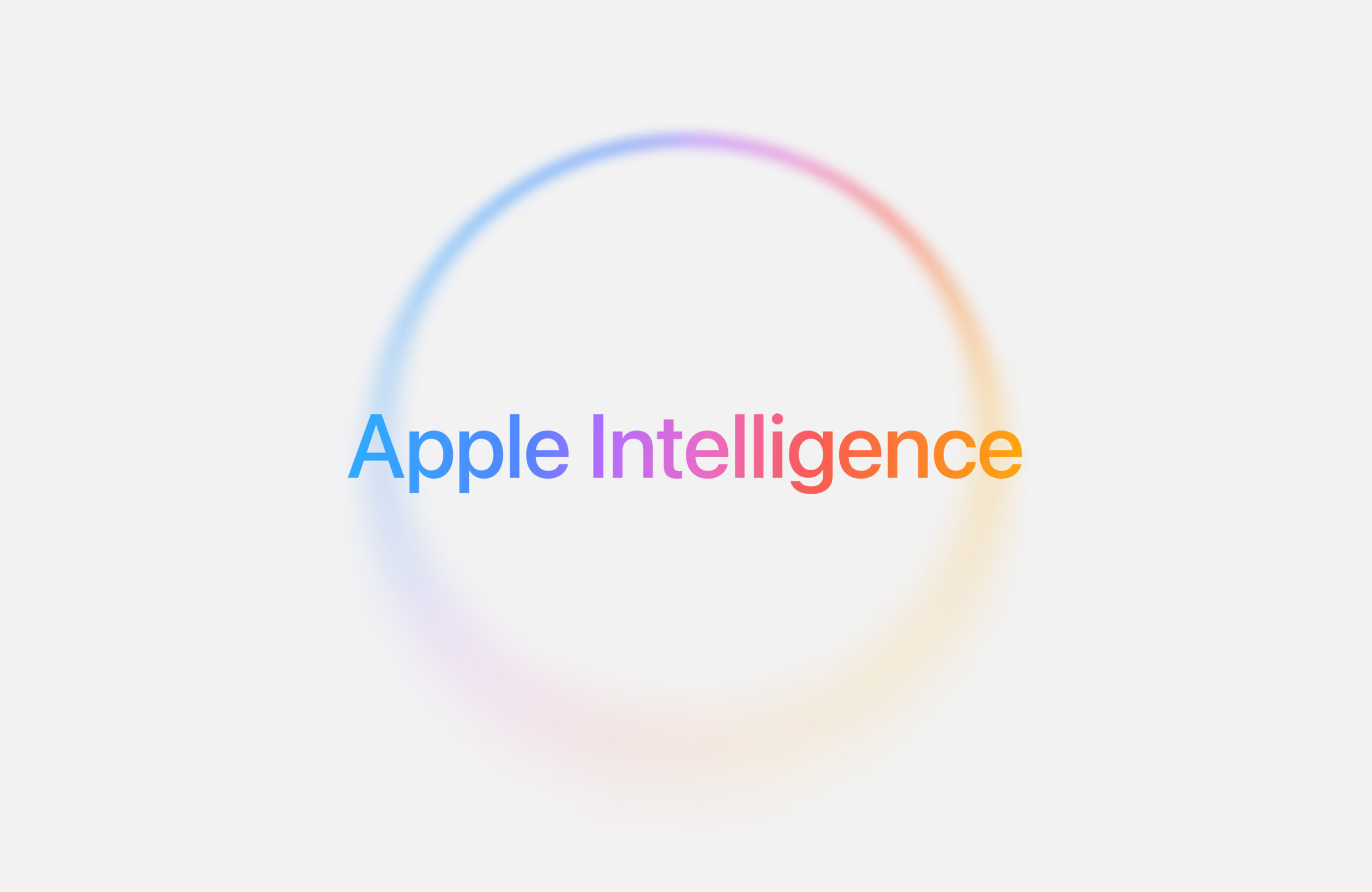Apple recently rolled out exciting updates for its users. The second beta of macOS Tahoe, released on June 24, 2025, now lets developers test AirPods firmware updates directly on a Mac. To try it, connect your AirPods, go to System Settings, click Bluetooth, select your AirPods, and toggle on beta updates.
This feature, already available on iPhone and iPad with iOS 26 and iPadOS 26, will open to public beta testers in July, making it easier to explore new AirPods features like better call audio and studio-quality recording. Meanwhile, iOS 26’s beta introduces a fresh Clock app design with a bigger time display and larger Stop and Snooze buttons.
However, this redesign might make it easier to accidentally tap Stop instead of Snooze when you’re groggy, going against earlier Apple research that favored different-sized buttons to avoid mistakes. Users can now customize snooze times from 1 to 15 minutes, a handy tweak from the fixed nine-minute snooze.
In other news, Apple has joined China’s subsidy program to boost iPhone sales. By offering discounts through platforms like JD.com and Tmall, Apple aims to compete better in the world’s largest smartphone market, where local brands like Huawei are strong. This move follows a 40% sales drop in early 2025, showing Apple’s push to stay competitive with price cuts and trade-in offers.
These updates show Apple’s focus on improving user experience and staying competitive globally.





